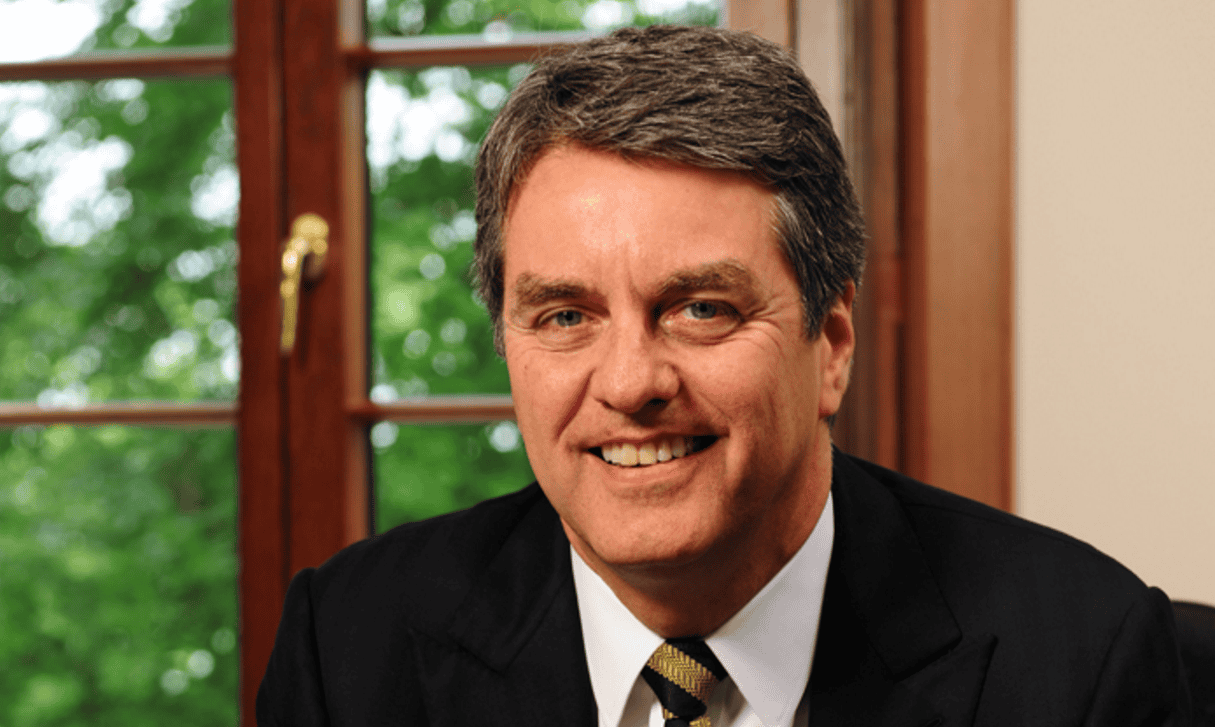The head of the World Trade Organisation (WTO) warned that a Brexit would have a damaging effect on UK business competitiveness, with British exporters poised to pay up to £5.6 billion ($8.2 billion) each year in duty on their exports.
Roberto Azevêdo, WTO Director-General, said: “While trade would continue, it could be on worse terms,”
The UK currently has preferential trade relationships with the EU, and with the 58 countries with which the EU currently has free trade agreements.

Azevêdo said that “all of these relationships would need to re-established to maintain the same preferential access the UK currently enjoys via the EU.”
“In the meantime, while trade would continue, it could be on worse terms. Most likely, it would cost more for the UK to trade with the same markets – therefore damaging the competitiveness of UK companies.
“Here we’re talking about preferences on 60% of the country’s goods trade (that divides as around 47% with the EU itself, and around 13% with the EU’s preferential trade partners).”
He added: “The implication is that UK exporters would risk having to pay up to 5.6 billion pounds ($8.2 billion) each year in duty on their exports.”
The WTO chief stressed that “it is impossible to tell how long it may take” for Britain to renegotiate its relationship with the rest of the WTO – it could potentially take years or even decades.
“To begin with, I would say that trading negotiations are highly complex. Conducting multiple negotiations simultaneously would bring a further level of complexity.
“In addition, you need willing partners. Other countries already have their negotiating priorities and may not be ready to shift resources to a new negotiation overnight. Of course, speaking of resources, all of this presumes that your own resources and negotiating infrastructure are already in place and fully operational.
“Moreover, if you need to complete a deal quickly when the other side can wait, you are negotiating from a very weak position,” Azevêdo added.
Director-General Roberto Azevêdo gave the keynote address at the World Trade Symposium in London today (7 June), organised by the Financial Times and Misys, on the topic ‘Trade and Globalisation in the 21st Century: the Path to Greater Inclusion’
